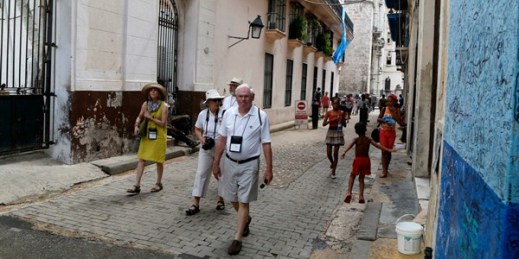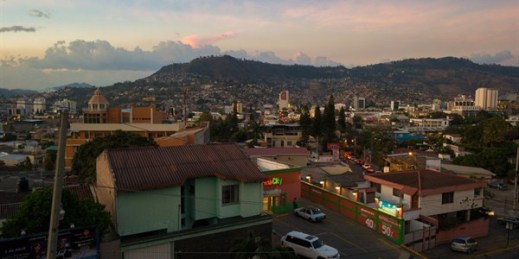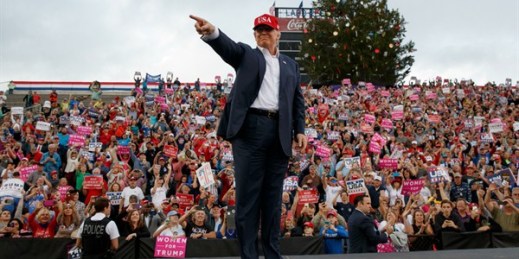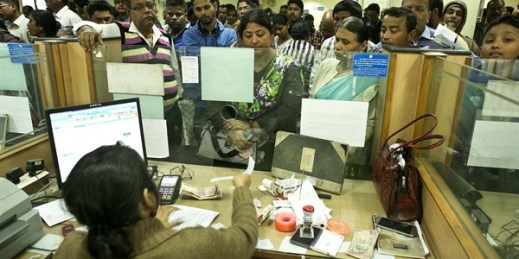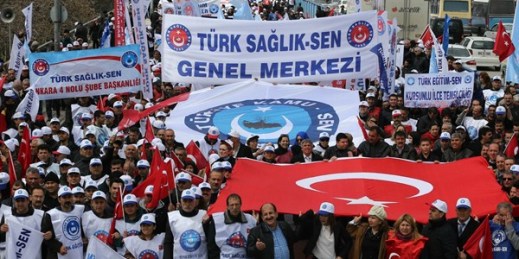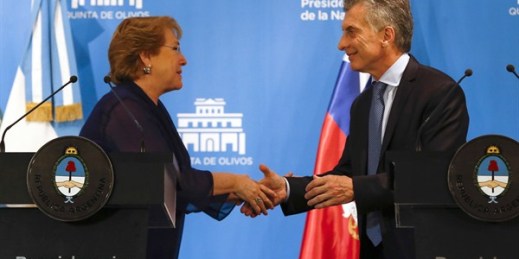
Chilean President Michelle Bachelet was in Argentina last month, where she gave her support to Argentina joining the Pacific Alliance trade bloc. It was her first visit to the country since President Mauricio Macri assumed office in 2015. In an email interview, Peter M. Siavelis, the director of the Latin American and Latino Studies program at Wake Forest University, discusses relations between Chile and Argentina. WPR: What are the main areas of cooperation between Chile and Argentina, and how have ties evolved over the past 10 years? Peter M. Siavelis: Chile has historically shared troubled relations with neighboring Argentina and […]

